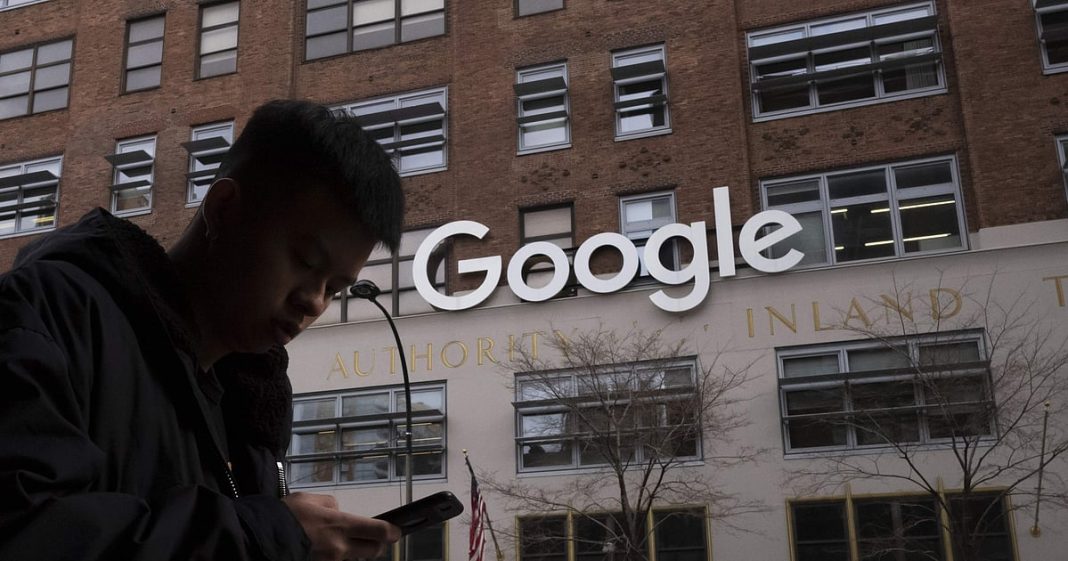Google Faces US Government in Landmark Antitrust Case Over Digital Ads
Google confronts the US government’s latest antitrust challenge in federal court on Friday, with a judge considering remedies for illegal monopoly practices in its digital advertising network.
Key Takeaways
- Judge Leonie Brinkema ruled Google’s ad technology constitutes an illegal monopoly
- US Justice Department seeks breakup of Google’s ad tech empire
- Google argues dismantling would risk disrupting 55 million ad requests per second
- Ruling expected early next year following Friday’s closing arguments
Courtroom Showdown Over Digital Advertising
The federal court in Alexandria, Virginia hosts closing arguments between Google and US Department of Justice lawyers. The focus: complex technology distributing millions of digital ads daily.
After last year’s lengthy trial, Judge Brinkema ruled in April that Google rigged parts of its ad technology, creating an illegal monopoly. An additional 11-day trial this fall helped determine appropriate remedies.
Breaking Up Google’s Ad Empire
The Justice Department wants Brinkema to force Google to sell ad technology assembled over nearly 20 years. Agency lawyers label Google a “recidivist monopolist” in court filings.
This condemnation extends beyond digital advertising to Google’s dominant search engine monopoly. Federal prosecutors previously sought breakup in the search case, but the judge rejected requiring Chrome browser sale.
Market Impact and Legal Strategy
Despite ongoing resistance to reforms, Google’s search case outcome was widely seen as a slap on the wrist. Alphabet’s market value surged approximately $950 billion (37%) to nearly $3.5 trillion after Judge Amit Mehta’s September decision.
Undeterred, the Justice Department continues pushing for ad tech breakup. Google’s system handles an estimated 55 million requests per second.
Google’s Defense Arguments
Google contends dismantling its intricate ad system poses significant risks. “This is technology that absolutely has to keep working for consumers,” the company argues.
Google lawyers call Justice Department proposals “legally unprecedented and unsupported divestitures.” The company cites AI-driven market changes as reason for judicial caution.
Judge Mehta previously noted AI already competes with Google. However, the Justice Department emphasizes witness testimony about Google’s ability to manipulate algorithms undetectably.
Witnesses “explained how Google can manipulate computer algorithms that are the engine of its monopolies in ways too difficult to detect,” prosecutors argued.




